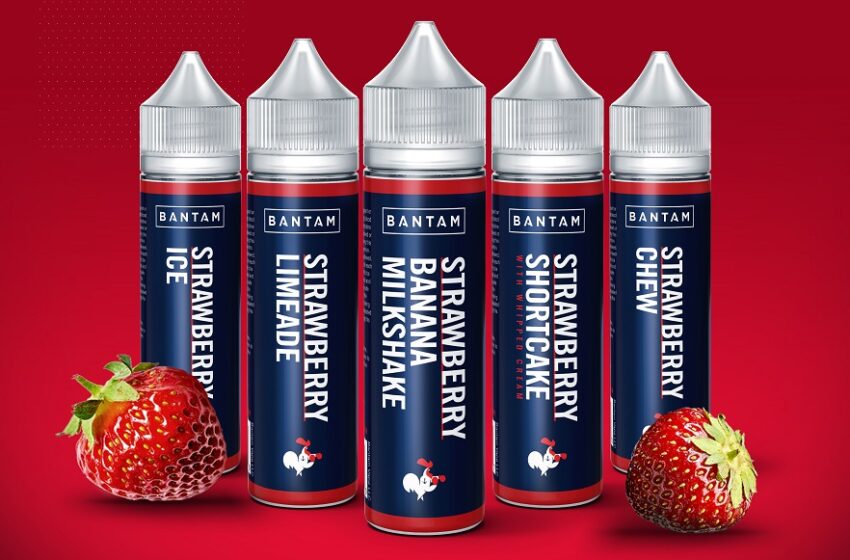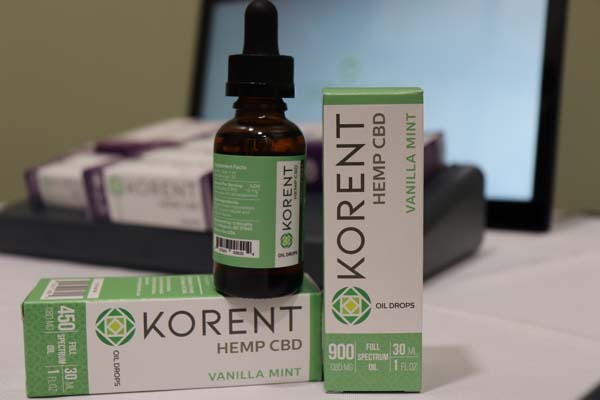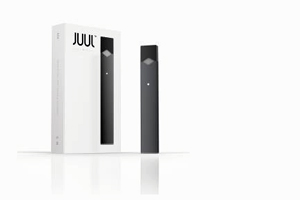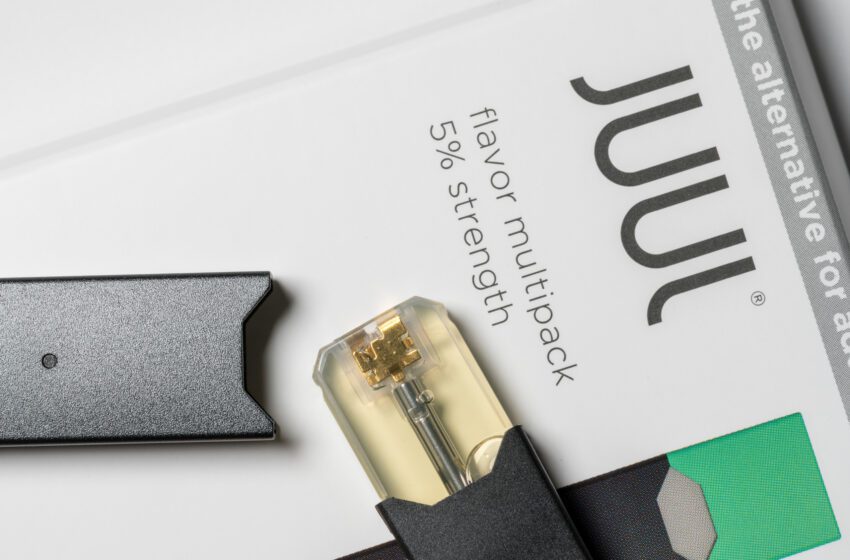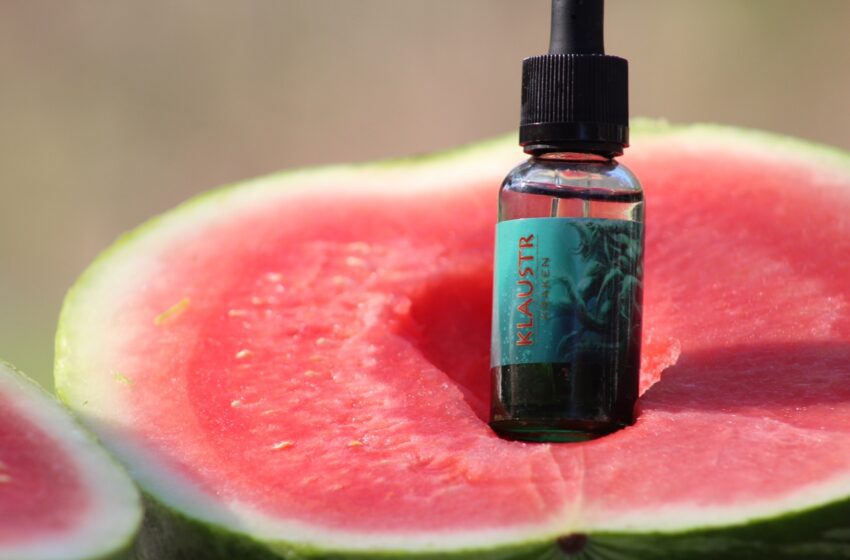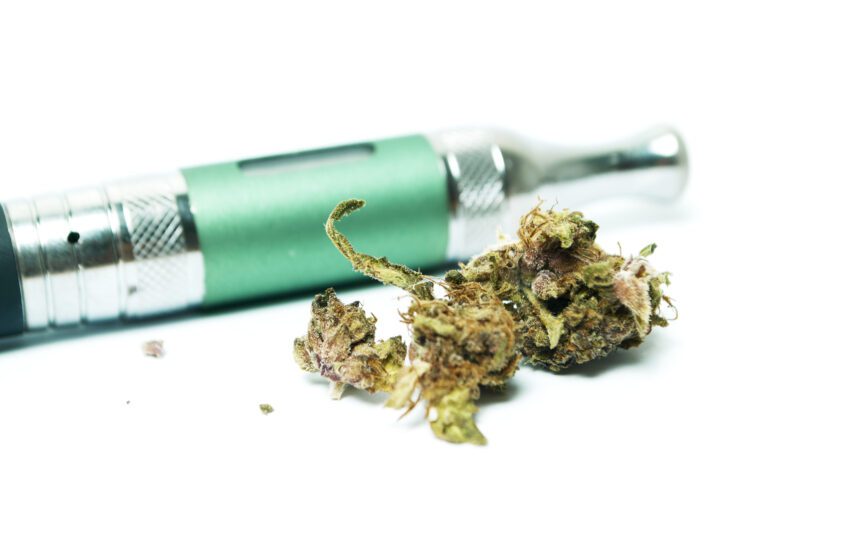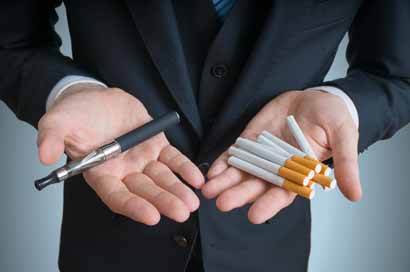Pyxus International, a global value-added agricultural company, and Shenzhen Smoore Technology Co, a leading manufacturer of electronic nicotine delivery systems (ENDS), have entered into an agreement to share key costs, as well as research and testing data, significantly improving efficiencies related to their respective premarket tobacco product applications (PMTA).
Pursuant to FDA guidance, all PMTAs are due by May 12, 2020.
“We are committed to developing and manufacturing high-quality e-liquid products that meet the regulatory requirements set forth by the FDA,” said Pieter Sikkel, president, CEO and chairman of Pyxus. “After thorough consideration, Pyxus identified Smoore as the clear ENDS supplier for PMTA submissions of Pyxus’ affiliate brands, Bantam and Humble Juice Co., given their leadership in this space, execution of forward-thinking technology and adherence to the highest technical standards. The PMTA submissions are the next step in continuing to make our adult-use e-liquid products available for purchase and enjoyed by our consumers for years to come.”
Under the new agreement, Bantam and Humble Juice Co. have paired certain Smoore ENDS devices—both an open tank device and a refillable cartridge-based device—with the brands’ 84 e-liquid nicotine SKUs. The selected SKUs include many of Bantam and Humble’s top-selling flavor profiles in various nicotine strengths and bottle sizes. These flavor profiles are manufactured by Purilum, LLC, a manufacturer of top-quality e-liquids, flavor concentrates and finished bottle products and a Pyxus joint venture.
“Smoore is pleased to partner with a company as well respected as Pyxus. Both of our companies have developed complementary expertise related to the PMTA process as we look to FDA for validation of our compliance, ensuring our products’ availability to our customers,” said Weidong Pan, general manager of Technology Center of Shenzhen Smoore Technology. “This agreement is the foundation for a long-term, mutually beneficial relationship that we anticipate expanding across various markets and lines of business.”
“We are on track with the necessary research and testing that will form the basis for our respective PMTAs,” added Anthony Dillon, senior vice president of Global Specialty Products and managing director of E-liquids at Pyxus International. “We have a clear plan that we are executing against, and preliminary testing results are in line with and supportive of our strategy.”
Both companies’ respective e-liquids businesses plan to submit their PMTAs to the FDA on or before the May 12 filing deadline.

